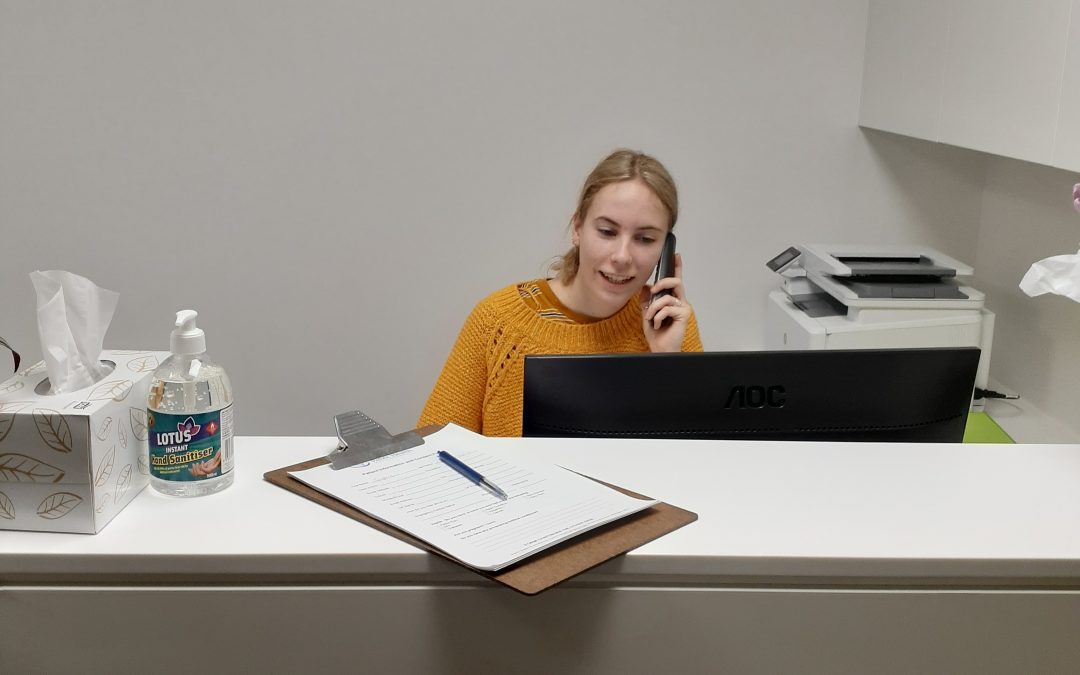Whatever way you got here, we’re glad you found us! We want to provide some information here that you can read before your appointment to help you feel more at ease when you come to see us.
You will be welcomed by our receptionist when you arrive, and asked to fill out a short registration and consent form. It’s a good idea to arrive a few minutes early to do this.
Your pelvic health physiotherapist will introduce themselves and show you to their room. We start with a thorough assessment. This involves a discussion about what your concerns are and the impact this is having on you. We will ask questions about all aspects of pelvic health (including bladder and bowel health, sexual function and pain) to ensure we get the full picture. There may be things we can help with that you didn’t think to mention. When people first come in they often don’t know much about the range of services we provide, and what we can do to help.
We know it can be quite difficult to talk about some of these personal issues, however we are all highly skilled and all staff are trained to help you feel at ease. We realise that many of our patients may have experienced trauma and we’re very happy for you to tell us how we can help make you feel more comfortable talking to us.
Once we have finished our questioning and discussion we use diagrams and models to help educate you about what we think is happening and explain how we would do a physical assessment. This may include a vaginal or rectal exam. We get a lot of information by doing an internal examination however it is not necessary if you decide you are not comfortable to have one. You may want to do that at another appointment or you may not want to have one at all. Your physiotherapist will be happy to discuss this with you. You’re also very welcome to talk to one of us before you make an appointment if you’d like further information.
Once we have made a diagnosis, we will provide a treatment programme tailored specifically to your needs. It may include pelvic floor strengthening or relaxation, and other self-help techniques, depending on what we find. There will also be advice on lifestyle modifications to help protect your pelvic floor, including information on appropriate pelvic floor safe exercise. We have a range of biofeedback, TENS and electrical stimulation equipment available for use if required.
You can see our helpful advice section here for information on parking, what to wear, what happens if you have your period etc

